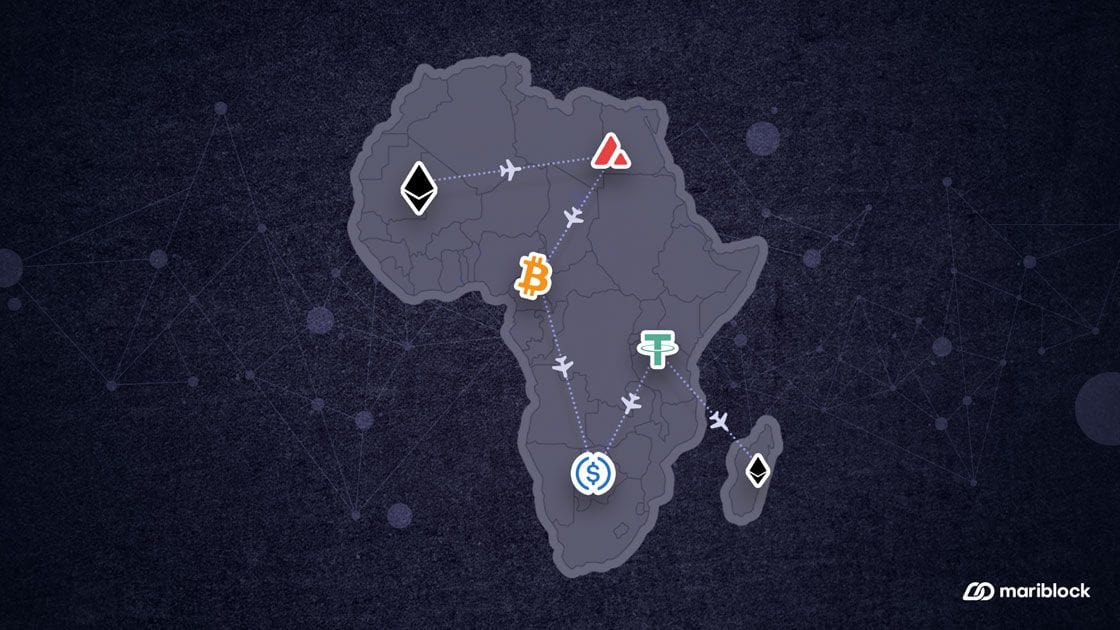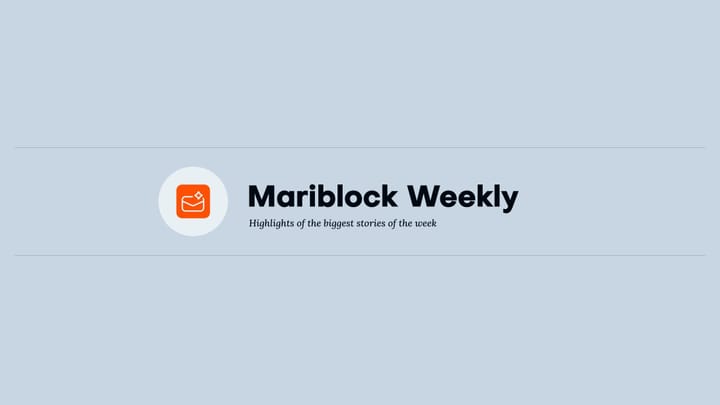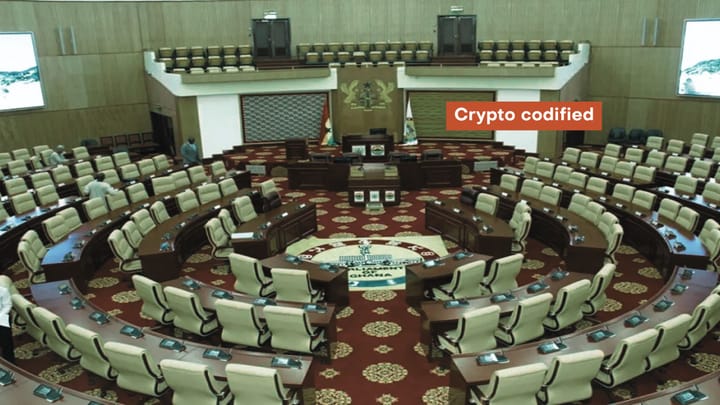The African blockchain funding scene: More deals, less dollars
Nigeria saw the most deals done, but Seychelles maintained top spot in terms of deal value.

African blockchain startups are finding it harder to secure venture capital than they did two years ago, according to a new report by Swiss-based VC firm CV VC and South African bank Absa.
While the number of funded startups saw a slight increase, total investment volume declined, underscoring a cautious funding environment and a slow recovery from previous highs.
The details
- Dubbed the African Blockchain Report, the document released late last month is CV VC’s yearly update on the state of venture funding around the world with a particular focus on Africa.
- As it was with previous editions, the report focuses on companies headquartered in Africa or that have most of their user base on the continent and raised at least $100,000 between January and December 2024.
- The report does not include companies that raised funding through debt or grants, options that many early-stage African blockchain startups are now turning to.
- Despite changes in methodology, the report still classifies several global companies headquartered in Seychelles as African firms, even though they have limited operational ties to the continent.
- CV VC acknowledges that including such companies (KuCoin, Scroll.io) “may overstate actual Africa-focused funding” and should be taken into account when interpreting the data.
Driving the news
- In 2024, African blockchain firms received $122.5 million worth of venture capital funding, 2.3% of the global total.
- While Africa’s percentage share of the global total was a marginal increase from the year before (2.1%), the $122.5 million reported value was 36% less than recorded in the previous year ($190.7 million).
- In addition, the number of venture funding deals recorded in Africa in 2024 rose to 30 from 26 the previous year, but it is still some way off the all-time high of 48 deals recorded in 2022.
- The average deal size on the continent in 2024 was 44% down from the previous year, and 56% lower than the average deal size for blockchain venture capital funding globally.
However,
- The pan-African exchange Yellow Card raised $33 million in a single deal, a figure that greatly influences the average deal size when considered as a whole.
- On a granular level, the average deal size on the continent is much smaller.
- While the increase in deal count may suggest that more deals are being made, their low value indicates that African blockchain founders continue to struggle to raise significant venture capital.
Africa’s ‘Big Five’
- According to CV VC, all 30 deals recorded in 2024 were concentrated in only five countries across Africa — Kenya, Morocco, Nigeria, Seychelles and South Africa.
- Nigerian firms got funded across ten deals, the most of any country in the region.
- However, Seychelles maintained the top spot in terms of value received, with blockchain companies headquartered in the country earning $38.9 million across eight deals.
- While Nigeria’s deal share jumped from $1.5 million (0.8%) in 2023 to $18.9 million (15.4%) last year, Seychelles saw a drop, netting $38.9 million, down from the $89 million firms in the country received in 2023.
- On the other hand, Morocco saw a funding deal worth $1.5 million, having raised no funding in 2023.
What companies got funded?
- In 2024, exchanges like Kredete, Yellow Card, and Zap Africa attracted the most funding, securing nearly 50% of all blockchain venture capital in Africa.
- Decentralized finance platforms, including Canza Finance, received 29.6% of the total, while gaming, NFT, and metaverse-focused companies raised 5.7%.
- Blockchain data firms such as Agridex and BanQu accounted for 19.9% of deals, and companies building infrastructure and developer tools received 4.3% of funding.
- Yellow Card raised $33.2 million in a Series C funding round, more than triple the amount raised by the second-highest-grossing firm, Azuro.
- Nigeria-based Zone Network and Zap Africa raised $8.5 million and $300,000, respectively.



